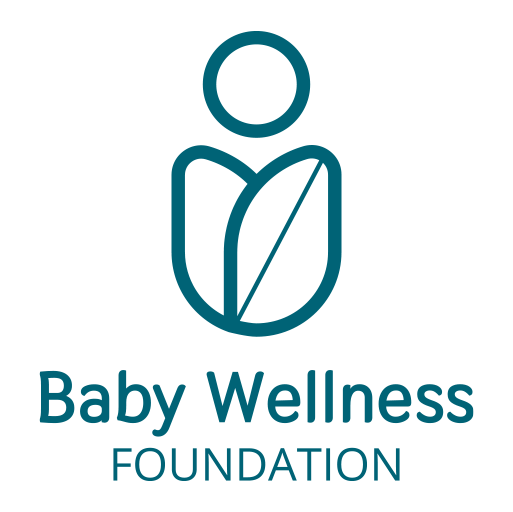| True: Occasional consumption of one glass of wine with meals is acceptable, provided breastfeeding does not occur immediately afterward.
“Coffee and tea must be avoided”
| False: They do not need to be eliminated as long as consumption is moderate (up to three small cups of coffee per day). High doses (more than seven to eight cups) may cause irritability in the infant.
“Smoking is prohibited”
| True: Breastfeeding is an opportunity to quit smoking. Passive and third-hand smoke—i.e., residue on clothes, skin, and hair—is harmful to the baby. Both parents should strive to maintain a smoke-free home. However, smoking is not an absolute contraindication to breastfeeding.
“You must not breastfeed during menstruation”
| False: The return of the menstrual cycle is usually delayed by breastfeeding. A slight drop in milk supply may occur just before menstruation but does not justify stopping breastfeeding.
“You should stop breastfeeding if you have a fever or the flu”
| False: In case of fever or mild infections like a cold or diarrhea, breastfeeding can continue. Compatible antipyretics include paracetamol and ibuprofen, while aspirin is not recommended.
“Physical activity should be avoided while breastfeeding”
| False: Physical activity is not only allowed but encouraged, as it promotes both physical and mental well-being for the mother.
“Breastfeeding weakens the body and damages teeth”
| False: Proper oral hygiene prevents any negative impact on teeth. Breastfeeding does not significantly deplete nutrients if the diet is balanced.
“Breastfeeding causes hair loss”
| True: This is a physiological phenomenon. High estrogen levels during pregnancy slow down natural hair shedding. After childbirth, hormonal levels return to normal, leading to temporary and intense hair loss, which is not a cause for concern.
“Myopia is a contraindication for breastfeeding”
| False: This is a myth with no scientific basis. There are no contraindications for breastfeeding in women with myopia.
Adopting a healthy and informed lifestyle during breastfeeding is essential for both maternal and infant health. A balanced diet, proper hydration, moderate physical activity, and eliminating harmful habits form the foundation for experiencing this important phase with peace of mind and awareness. Being informed and overcoming common myths helps mothers embrace breastfeeding naturally and positively, recognizing its irreplaceable role in a newborn’s development.

